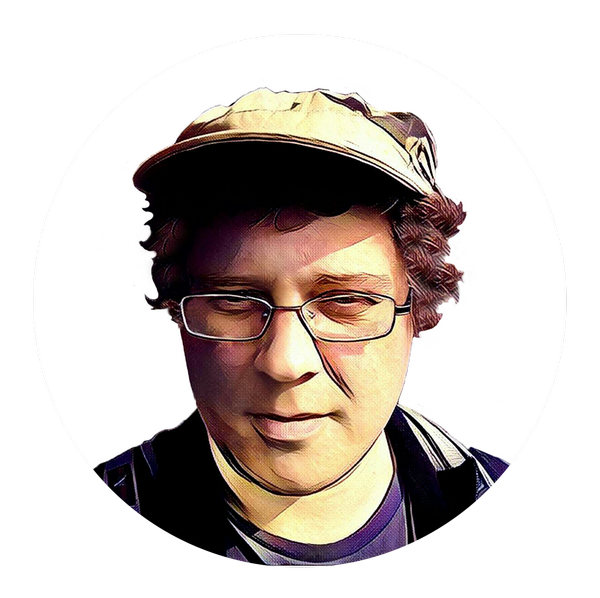



ORCID: 0000-0001-6637-8098
Scopus Author ID: 57045539200
RSCI Author ID: 91132
Head of the Laboratory of Molecular Technologies, M. M. Shemyakin and Yu. A. Ovchinnikov Institute of Bioorganic Chemistry (Moscow, Russia).
DSc (biology), professor
Areas of expertise:
Redox biology, neurobiology, development of molecular tools to monitor and regulate key processes in living systems.
Society for Free Radicals Research Award — Development of biosensors for hydrogen peroxide detection.
ABOUT SCIENCE:
There are a few things in science that matter. The first is being in the right place at the right time. Scientists tend to overestimate their role in creating or discovering something new. In fact, sometimes they are just lucky enough to join a good laboratory at the moment when interesting research work is going on there; or they are fortunate to hire a talented researcher; or they have always had money to live on and therefore could afford to stay in science even when the country was going through rough times. But even if you have opportunities, you still have to be able to take advantage of them. Second, good observation skills are important. Odd experiment results are the most interesting ones, but can you notice and interpret them accurately? Third, take a slightly amateurish approach to science — ask naïve questions that have not been answered yet. Those scientists who have been focusing on a particular area of research for a long time tend to dogmatize it and stick to traditional concepts. But true progress is driven by people with naïve views who, nevertheless, have their own original ideas and skills. Fourth, a really interesting hypothesis must be formulated. Experiments aimed to test it will definitely yield some interesting discoveries, and whether you hypothesis was true or not will no longer matter. Fifth, collaboration with specialists working in different areas is essential, even if your areas of expertise do not overlap. Sometimes, an astronomer may have what a medical researcher or a biologist are looking for.
If you are a young scientist, I would recommend you find a good research laboratory recognized for its serious work, even it is not near where you live or study. Do not let the laboratory chief or his/her fellow workers enchant you with their stories. Go to PubMed, Google Scholar or other open academic databases and search for articles written by the researchers affiliated with this laboratory that have been published over the past 3–5 years. There are more good research laboratories abroad than in Russia. But then again, there are more bad ones there too — just because we have fewer labs here, many of which, nevertheless, are integrated into the world scientific community.
Significant publications in last 5 years